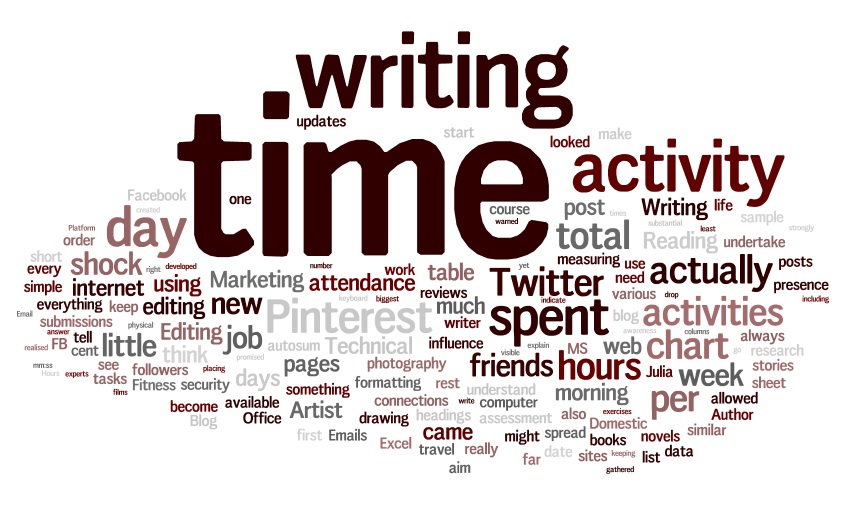 I’ve written often on time management for writers and my own struggles with making time for writing. I certainly have the desire to tell my stories, but oftentimes life simply gets in the way. It sucks, but it’s true.
I’ve written often on time management for writers and my own struggles with making time for writing. I certainly have the desire to tell my stories, but oftentimes life simply gets in the way. It sucks, but it’s true.
Except when it isn’t.
I should clarify: sometimes I don’t make time to write not because of circumstances beyond my control, but because I choose not to write. How’s that?
Besides being a seemingly rare extroverted writer, I’m a self-described “story junkie.” As in I go out of my way to enjoy as many stories as I can. Most of my hobbies—reading, gaming, movie watching, photography, among others—revolve around storytelling (or at least creativity). I eat that stuff up. You might even say I’m a borderline addict. I tend to go through phases. Right now I’m trying to read the pile of comic books next to my bed. Other times I’ll play story-driven video games or read a lot of books. Whatever phase I’m in, I usually inject something else amidst all that (like a trip to the movies to see the latest blockbuster).
The trouble is I get so caught up with other stories that I neglect my own. Consumption is easier than creation. An old adage (erroneously attributed to Dorothy Parker, apparently) says, “Writers don’t like writing—they like having written.” In other words, writing is hard work. Authors may enjoy it, but they much prefer finishing a project than being in the middle of one. Sometimes it’s a chore to grind out 1,000 words or figure out what your heroine will/should say next. I say all that to say that it’s a common trap for writers to procrastinate because they would rather go enjoy someone else’s completed story (or at least an analysis of a story) than work on their own. “Write another scene for my Great American Novel? Maybe after I binge watch a few episodes of Clone Wars on Netflix.”
This is a trap I often fall into. I’m so desperate to get my fix of story, I procrastinate on whatever project I’m working on. Sometimes I even the excuse that whatever story I’m consuming will somehow help with whatever project I’m writing (how a Godzilla movie relates to Children of the Wells, I don’t know. 😛 ). In reality, though, it’s just me making an excuse to not to the hard work of writing. This is why I’ve had to train myself to use my “story fixes” as rewards for accomplishing writing goals. Then I can use those stories as inspiration.
It’s not always easy, trust me. After a long day at my day job (a part-time job that’s been giving me full-time hours lately, making time management even harder), I don’t always want to write. I’ll just want to relax with a good book or a new video game. But as Jack London famously said,
“You can’t wait for inspiration. You have to go after it with a club.”
Are you a “story junkie”? Does it distract you from your work? How do you deal with it?










